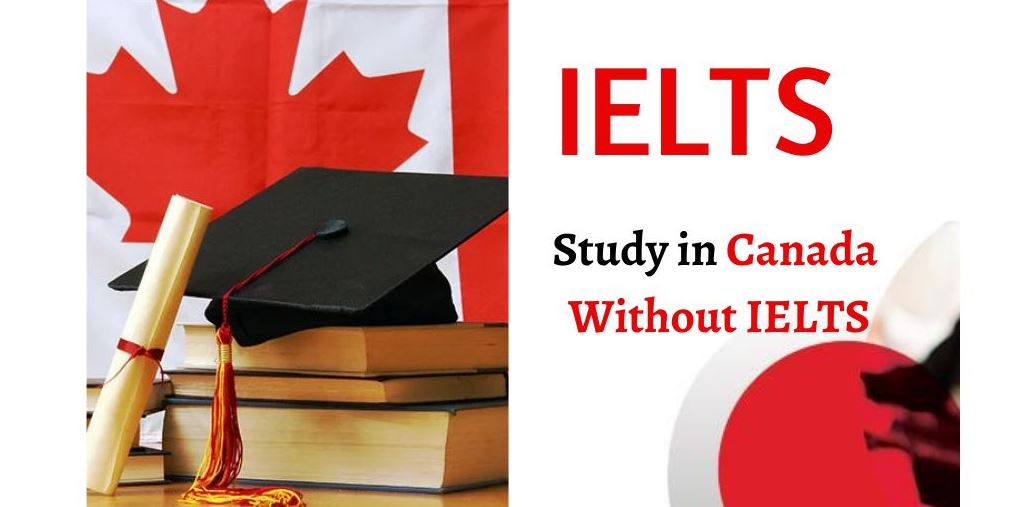Introduction
Canada is a popular study destination for international students due to its high-quality education system, diverse culture, and beautiful landscape. However, one of the biggest obstacles that many students face when applying to Canadian universities is the requirement of International English Language Testing System (IELTS) scores. While IELTS is widely accepted by Canadian universities, it can be challenging for some students to achieve the required score, especially if English is not their first language. The good news is that there are alternative ways to study in Canada without taking the IELTS exam. In this article, we will explore these options and provide you with all the information you need on how to study in Canada without IELTS.
Why Study in Canada Without IELTS?
Before we dive into the ways to study in Canada without IELTS, let’s understand why you might consider this option. One of the main reasons is that taking the IELTS exam can be expensive and time-consuming. The exam fees alone can cost up to $300 USD, not to mention the additional costs for study materials and training courses. Moreover, preparing for the exam can take several months, which means delaying your study plans. Additionally, some students may not be able to achieve the required IELTS score despite their academic capabilities, leading to disappointment and frustration. Thus, exploring other options to study in Canada without IELTS can save you time and money while also giving you a chance to pursue your dream of studying in Canada.
Ways to Study in Canada Without IELTS
- Apply for English-Taught Programs: Many Canadian universities offer programs taught entirely in English, which do not require IELTS scores for admission. These programs are designed for international students and usually have a language proficiency requirement, such as completing English language courses or submitting a certificate from a recognized language school.
- Submit Other English Language Test Scores: Apart from IELTS, there are other language proficiency tests accepted by Canadian universities, such as TOEFL or Cambridge English Proficiency. If you have already taken one of these tests and achieved the required scores, you can submit them instead of IELTS.
- Study at a French-Speaking University: Canada is a bilingual country, and if you are fluent in French, you can apply to study at a French-speaking university without the need for IELTS scores. However, keep in mind that some universities may require proof of English proficiency as well.
- Obtain a Proof of Education in English: Some Canadian universities may waive the IELTS requirement if you have completed your previous education in an English-speaking country. You will need to provide transcripts or certificates from your previous schools as proof of your education in English.
- Apply for Conditional Admission: Some universities offer conditional admission to students who do not meet the IELTS requirements but show potential for success in their academic studies. This means that you can be admitted to a program if you complete an intensive English language course at the university or through an approved language school.
- Apply for a Study Permit with Supporting Documents: If you do not meet any of the above options, you can still apply for a study permit in Canada by providing supporting documents that prove your English proficiency. These documents could include letters from previous professors or employers, English language courses completed, or significant work experience in an English-speaking environment.
Conclusion
Studying in Canada without IELTS is indeed possible, and it can open up opportunities for students who may not have been able to meet the IELTS requirements. However, keep in mind that having a good command of English is essential for academic success in Canada, and you will still need to demonstrate your language skills through other means when applying for a study permit.
